We are committed to inclusion for people with disabilities in all aspects of community life. As we aim to ensure that our communities thrive, it is vital that we continue to make our spaces welcoming, inclusive and engaging to all. It is important to remember that around 20% of the population have a disability, whether it is visible or not. If someone feels that they are not able to participate in an aspect of community life, this could prevent them and their whole family from attending.
Below you will find a range of resources and support available for members and communities. If you have any general queries, please get in touch on inclusion@theus.org.uk.
If you would like to join the conversation regarding physical accessibility and receive updates on our progress in this area, please contact Daniella. If you would like to be part of a parent carers working group or for more information on disability inclusion at the US please contact Rivka.
We recently ran a panel for community leaders on the subject of Neurodiversity and Mental Wellbeing sharing examples of good practice in disability inclusion, to encourage lay leadership and volunteers to embrace these ideas in their communities. Two US members shared their personal experiences of being included in their particular communities and the significant impact this has had on their mental well-being. Click here to watch the panel.



